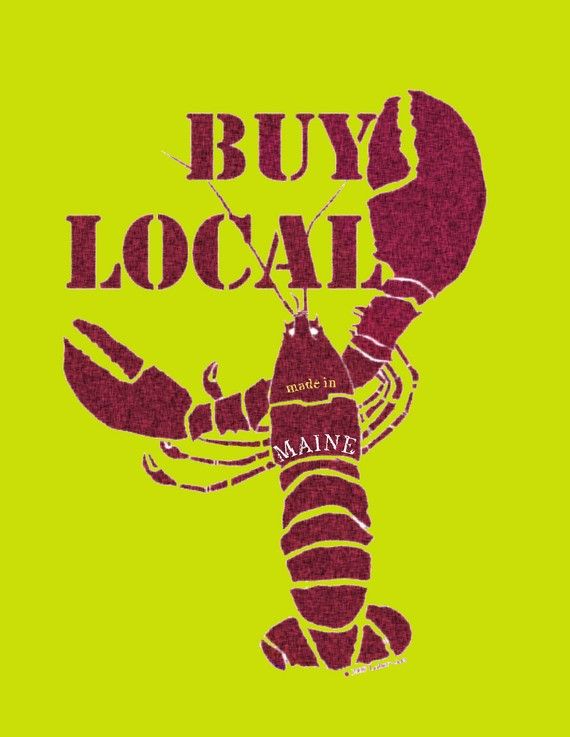
We’ve all heard the phrase “buy local.” But what exactly does that mean? And why is it important?
“Buying local” – is not just about supporting your local farmer or retailer. It’s about building the strong economic and social foundations that produce more vibrant communities, particularly when combined with efforts to revitalize downtowns and village centers.
If I buy produce from a local farmer, the impacts don’t stop there. The ripple effects of my purchase go far beyond just that one transaction. I’m supporting the jobs behind the scenes – from workers in the fields at local farms to a broad spectrum of blue and white collar jobs in store support, warehouse operations, finance and administration.
Those jobs, in turn, create demand for the products and services upon which the farms and businesses we patronize depend. These range from the growers, craftsmen, equipment dealers and truckers involved in sourcing product to the accountants, lawyers, IT firms and banks providing planning and management support. And, as members of the community and region, these players contribute local demand, pay local taxes for schools and infrastructure and volunteer time and skills needed by local governments and nonprofit organizations. I’m supporting a whole network!
“Buying local” is also good for the downtown. If we increase local demand, we draw customers to downtowns and village centers, multiplying the impact of buying local. Other businesses benefit from additional customers. Property owners benefit from the improved business climate and its impact on property values. Communities benefit from better utilization of existing infrastructure, more efficient delivery of support services such as fire and safety and avoidance of additional infrastructure costs. The increase in property values without the need for significant infrastructure and service investments helps stabilize property taxes. Concentrating development will help make transportation options more affordable – reducing the cost of growth and enabling more to take advantage community assets.
As consumers, we need to take responsibility for our role in the economic future of our state and communities. Each consumer, whether an individual, corporate buyer or government purchasing agent makes the decision whether to buy local – and supporting all the infrastructure that supports it – or buy solely based on price. If we want local jobs, if we demand good stewardship, or if we insist on toxic free products, we can’t expect someone else to shoulder the burden. Each of us must make a commitment to support our collective economic future.
